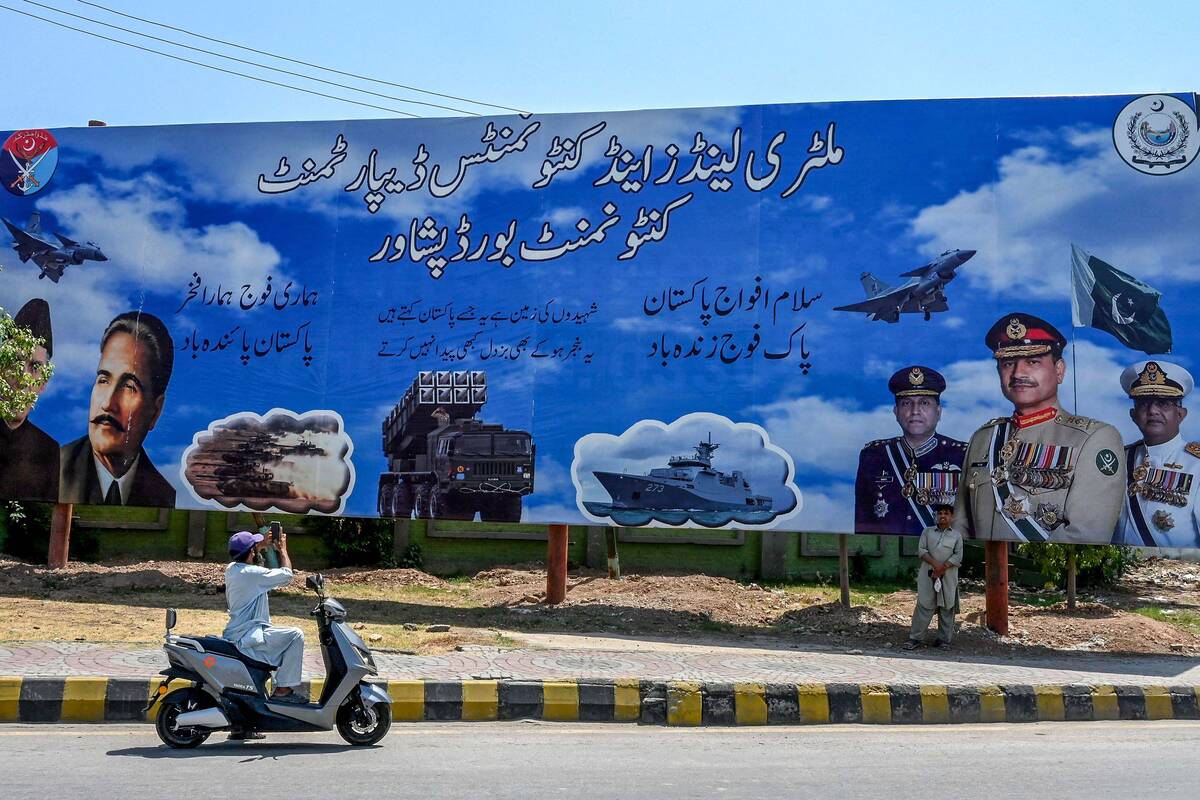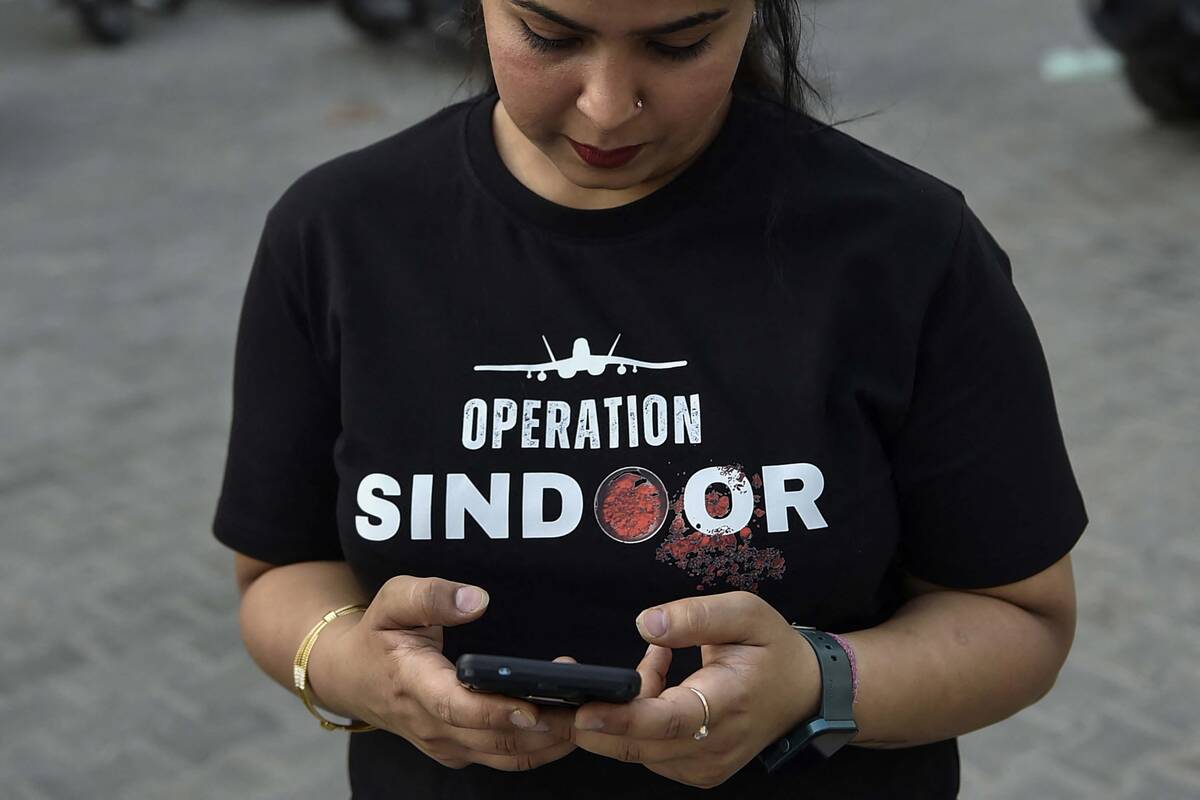ISLAMABAD: The Pakistan government is preparing to amend the country’s anti-corruption law and will soon contact opposition parties for consultations, the law minister said this week as a recent anti-graft crusade against politicians and bureaucrats has led to accusations of selective accountability and created a climate of widespread fear.
Prime Minister Imran Khan came to power last year vowing to root out corruption. While few dispute the need to clean up Pakistani politics, recent probes by the National Accountability Bureau (NAB) into veteran politicians — including jailed former premier Nawaz Sharif and ex-President Asif Ali Zardari — have become a topic of heated debate, with many saying the drive is hurting an ailing economy and others pointing to a one-sided purge of political foes. NAB and the government deny targeting opponents.
“The consultation on amending the NAB law is in progress within the government,” law minister Dr. Farogh Naseem told Arab News in an interview on Thursday. “Once it is completed, we will also take the opposition parties on board.”
However, he added: “Let me make one thing clear to you: We don’t want to make the anti-corruption body toothless in any way through these amendments.”
NAB officials declined comment for this article.
The National Accountability Ordinance (NAO) was promulgated in 1999 during the regime of military ruler General Pervez Musharraf. The country’s main opposition parties – the Pakistan Muslim League Nawaz (PMLN) and Pakistan Peoples Party (PPP) – say the law has been routinely used over the years to victimize their leaders and fragment their parties and support-base.
The two parties have also attempted to amend the law in the last decade but failed due to lack of consensus.
Now, Khan’s government has prepared an 11-point draft proposal to amend the existing law which aims to narrow the scope of the anti-corruption watchdog only to “public office holders,” in contract with the present law which is applicable to “public office holder or any other person.”
“The application of the NAB laws may not be extended in respect of a private person or entity, who/which is directly and indirectly unconnected with a holder of public office,” the draft, a copy of which is available with Arab News, said.
The proposed draft also suggests that an accused who enters a plea bargain or voluntarily returns assets or money amassed through corruption be barred from holding public office for a period of ten years, and sets a Rs500 million threshold for a case to be investigated by NAB.
The current crackdown has also ensnared civil servants who say that fear of persecution by NAB has left the civil service in disarray and brought decision-making at a standstill, with senior officials avoiding signing off on projects or making decisions that could open them to corruption allegations in the future.
To correct this, the draft law proposes that NAB not “take cognizance of offenses [by government servants] based on procedural lapses only unless it is corroborated with evidence that the officer has materially benefited from such a decision/lapse.”
The draft suggests that the 90-day physical custody period of any “accused government servant” be reduced to 45 days. It also excludes from NAB’s jurisdiction taxation, stock exchange and stock market cases including Initial Public Offerings and building controls because appropriate action can be taken in such cases by the Federal Board of Revenue, the Securities and Exchange Commission of Pakistan and Building Control Authorities.
Opposition parties say the proposed amendments have not been shared with them, nor have they been contacted as yet by the government to seek inputs.
Naveed Qamar, a senior of the main Pakistan People’s Party opposition party, said the PPP was willing to negotiate with the government over the amendments, but only after the bill was formally introduced in parliament for legislation.
“The government has been talking about NAB law amendments for the last one year, but they have yet to see the light of day,” he said.
Raja Zafarul Haq, a senior leader of the Pakistan Muslim League Nawaz party, also said the PMLN was willing to negotiate with the government on the amendments because this was “the need of the hour.”
“We will discuss it with other opposition parties as well since the purpose is to stop victimization of businessmen and politicians at the hands of NAB,” Haq said.
Former NAB prosecutor Munir Sadiq said there were two major issues in the current NAB law that neither the government nor the opposition had discussed so far.
“The NAB chairman should be stripped of absolute powers and a hierarchy should be introduced to streamline the working of the Bureau and avoid any victimization,” he told Arab News. “There is also a need to ensure transparency at the inquiry and investigation level, so that people are not arrested by NAB without formal charges.”



















